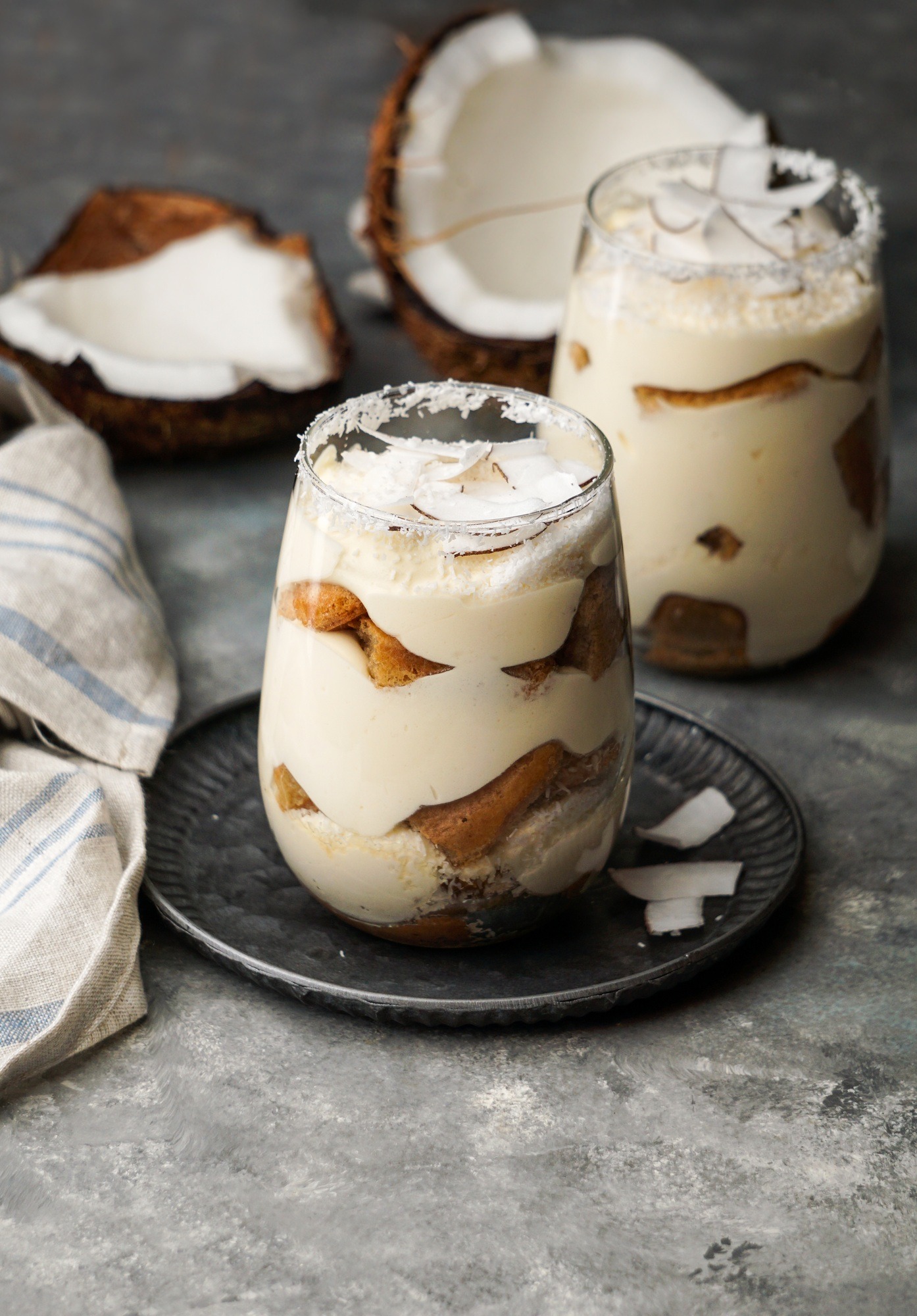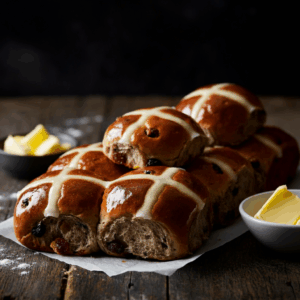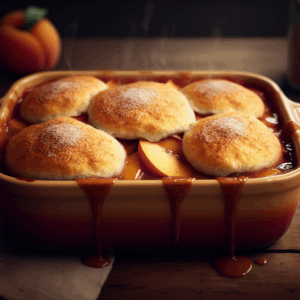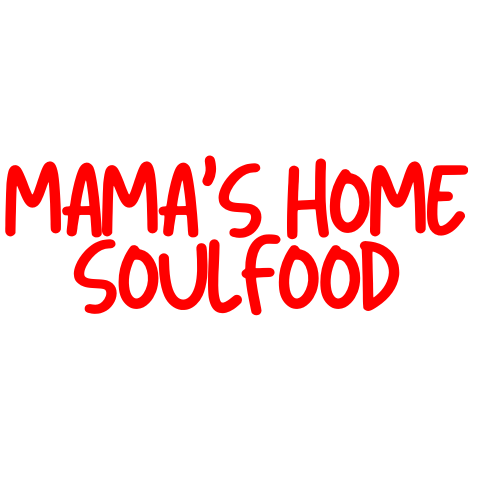Planning your wedding involves countless decisions, and choosing the right caterer is one of the most crucial aspects of wedding catering.
The food not only nourishes your guests but also sets the tone for your celebration.
From traditional sit-down dinners to interactive food stations, there are endless options to consider.
This guide will help you navigate the essentials—what to ask potential caterers, how to create a memorable menu, tips for staying on budget, and understanding catering costs.
Explore the keys to making your wedding catering a delicious success!
- Choosing the Right Wedding Caterer
- Types of Wedding Catering Services
- Creating a Wedding Menu
- Budgeting for Wedding Catering
- Working with Your Wedding Caterer
- Common Mistakes to Avoid with Wedding Catering
- Frequently Asked Questions
- What are some popular wedding catering options in Eastern Carolina?
- How far in advance should I book a wedding caterer in Eastern Carolina?
- What is the average cost of wedding catering in Eastern Carolina?
- Can I customize the menu for my wedding catering in Eastern Carolina?
- What are some unique wedding catering ideas for Eastern Carolina?
- Do wedding caterers in Eastern Carolina provide staff for the event?
Choosing the Right Wedding Caterer
Choosing the right wedding caterer is a crucial aspect of reception planning, directly impacting guest satisfaction and the overall experience of your special day. With a multitude of catering services available in Eastern Carolina, it’s essential to assess your options thoroughly to ensure they align with your vision, budget, and wedding goals.
Consider factors such as menu customization, dietary restrictions, and culinary expertise to find a caterer that meets your needs. Collaborating with local vendors can also enhance your wedding day, ensuring fresh and seasonal ingredients are used. Including local cuisine can also add a unique touch. Researching catering trends will help you stay current while planning.
What to Consider When Choosing a Wedding Caterer
When selecting a wedding caterer, it’s essential to consider various factors that can influence your event, such as catering trends, dietary restrictions, and seasonal ingredients. Understanding your wedding budget and the preferences of your guests will help ensure you create an unforgettable menu that caters to all. Factors like service styles, from buffet style to plated meals, should also be taken into account to match your wedding theme. Consulting with your wedding planner can also provide valuable insights and recommendations.
Navigating dietary restrictions is crucial, as supplying vegetarian options, gluten-free meals, and vegan options can greatly enhance guest satisfaction and inclusivity.
By thoughtfully planning the menu to accommodate these needs, couples can express their care for everyone attending. Incorporating seasonal ingredients not only enhances flavor but also supports local farmers and sustainability. This approach can be particularly effective in farm-to-table settings, ensuring the freshest quality ingredients.
It’s wise to align the caterer’s offerings with the overarching theme of the wedding, creating a cohesive experience that resonates through both the decor and the dining experience, ensuring that every detail harmonizes beautifully on the big day.
Questions to Ask Potential Wedding Caterers
Asking the right questions during your consultations with potential wedding caterers can significantly impact your decision-making process and ensure a seamless event. Inquire about catering contracts, service staff, and the specifics of their wedding menus, including options for tasting menus, to fully understand what they offer. It’s also beneficial to ask for caterer reviews to gauge their reputation and reliability.
Consider exploring the various catering packages available to accommodate different budgets and guest preferences, as well as bar packages that can enhance the overall experience.
Understanding how they present their food can also play a crucial role in guest satisfaction; don’t hesitate to ask about display options and arrangements.
Ensuring that they have clear policies regarding food allergies is vital for guest safety, alongside their compliance with health regulations and food safety standards.
Discuss their approach to managing last-minute changes to ensure that any unexpected adjustments can be handled with ease and professionalism.
Types of Wedding Catering Services
Understanding the different types of wedding catering services available can help you choose the right format for your reception while ensuring guest satisfaction.
From traditional plated meals that offer an upscale dining experience to buffet style and food stations that encourage mingling, each service style has its unique advantages.
Additionally, cocktail receptions featuring hors d’oeuvres can create a relaxed atmosphere, while family-style service promotes a sense of togetherness among guests.
Traditional Sit-Down Dinner
A traditional sit-down dinner often features plated meals, providing an upscale dining experience that many couples envision for their wedding reception. This dining style allows for elegant food presentation, showcasing the culinary expertise of your caterer, and can be customized to fit your wedding menus perfectly. With multiple courses, it elevates the dining experience and allows guests to indulge in a variety of flavors. This style is often paired with personalized menus that reflect the couple’s tastes and preferences.
A sit-down dinner accommodates larger guest counts while also addressing dietary restrictions effectively.
Caterers can curate a menu that includes options like herb-crusted chicken, vegetarian lasagna, and seafood paella, offering something for everyone.
Collaborating with a caterer is vital; discussing menu options that reflect your wedding theme can create a cohesive and memorable experience. For instance, a rustic wedding might feature farm-to-table dishes, while a black-tie affair could lean towards gourmet entrees.
This flexibility ensures that each guest feels considered and part of the celebration.
Buffet Style
Buffet style catering has gained popularity for its flexibility and the opportunity it provides for guests to choose from a variety of options, making it suitable for diverse palates and dietary restrictions. This service style encourages socializing and allows for a more relaxed atmosphere during the wedding reception. Considering factors like guest count, buffet layout, and food presentation is crucial to ensure an enjoyable dining experience. Proper planning of the buffet line is essential to maintain an orderly flow.
Proper logistics play a vital role in making buffet catering successful, including determining an appropriate catering timeline that aligns with the event’s schedule. Effective timeline planning ensures that each phase of the meal service runs smoothly.
Ensuring that there is adequate service staff on hand to maintain food levels and assist guests will help create a smooth flow. Additionally, managing staffing needs effectively can enhance the overall guest experience.
When selecting menu items, it’s important to consider not just flavors but also visual appeal, creating a cohesive presentation that engages guests.
Incorporating a variety of options such as vegetarian, gluten-free, nut-free dishes, and vegan options ensures that everyone can partake while maintaining harmony in taste and aesthetics.
Cocktail Reception
A cocktail reception is a dynamic way to host your wedding, emphasizing mingling and social interaction over a formal dining experience. During the cocktail hour, guests can enjoy a variety of hors d’oeuvres paired with a selection of beverages, setting a delightful tone for the evening’s festivities. This format allows for creative options, including passed small plates and food stations, catering to different tastes and dietary preferences. Including drink options like signature cocktails and classic beverages can enhance the experience.
To create an inviting atmosphere, consider a well-curated beverage service, offering signature cocktails alongside classic choices, ensuring there is something for everyone.
Incorporating late-night snacks serves as a thoughtful touch, helping to refuel guests as the celebration continues.
Balancing the menu with light bites, such as bruschetta and cheese platters, along with more substantial items like sliders or miniature tacos, keeps the energy lively and the crowd engaged. Additionally, including late-night snacks can be a thoughtful touch as the celebration continues.
Thoughtful menu planning not only maintains guests’ satisfaction but also enhances the overall festive vibe of the reception.
Food Stations
Food stations offer a unique and interactive dining experience that allows guests to customize their meals while exploring diverse flavor profiles. These stations can feature a range of cuisines, from barbecue catering to seafood options, making them an exciting choice for couples looking to incorporate cultural traditions into their wedding menus. With the right culinary expertise, food stations can also enhance the decor and align seamlessly with your wedding theme.
Along with traditional buffet setups, options such as dessert bars brimming with pastries and confections, carving stations featuring succulent meats, or vibrant ethnic cuisine stations showcasing global flavors can make a significant impact.
To ensure a smooth dining experience, careful coordination is essential; organizing the layout to prevent crowding and facilitating easy access to each station can enhance guest flow. Proper station setups can significantly contribute to a seamless experience.
Assigning staff to guide visitors and refill offerings will keep everything fresh while maintaining an inviting atmosphere. Thoughtful signage can also help guests make decisions swiftly, turning dining into an enjoyable exploration of tastes and traditions.
Creating a Wedding Menu
Creating a wedding menu is one of the most enjoyable aspects of wedding planning, allowing couples to showcase their tastes and personalities through carefully chosen dishes.
When crafting your wedding menus, consider menu customization options that incorporate seasonal ingredients and reflect the preferences of your guests. Catering packages often include tasting menus, making it easier to select the right dishes for your special day. Attending tasting sessions can also ensure that you are satisfied with the final menu selections.
How to Choose the Right Food Options for Your Wedding
When choosing food options, consider factors like quality ingredients, dietary restrictions, and cultural dishes to create a menu that appeals to all guests.
Choosing the right food options for your wedding involves a thoughtful approach to menu customization that prioritizes guest satisfaction while considering any food allergies or dietary restrictions. Collaborating with your caterer to create a menu that reflects your style and accommodates all guests ensures a memorable dining experience. It is also essential to review catering contracts carefully to understand the specifics of your chosen options.
Exploring seasonal menus can enhance the culinary experience, as the freshness of ingredients often translates to superior taste and presentation.
Signature dishes can also showcase unique flavors, offering a personal touch that guests will remember long after the event.
When discussing menu choices, it’s crucial to openly communicate your vision and preferences to the caterer, fostering a collaborative atmosphere where innovative ideas can flourish.
Don’t hesitate to share any cultural influences or family recipes that hold special meaning, as these elements can enrich the dining experience and create a deeper connection for you and your guests.
Accommodating Dietary Restrictions and Preferences
Accommodating dietary restrictions and preferences is vital to ensuring that all guests feel welcome and satisfied during your wedding reception. By offering gluten-free meals, vegetarian options, and other dietary considerations, you can create a more inclusive experience for your guests. Actively seeking client feedback from your caterer can provide valuable insights into how to best address these needs while maintaining delicious flavor profiles.
For instance, when discussing the menu with your caterer, you might consider featuring a vibrant quinoa salad as a gluten-free option, bursting with seasonal vegetables and a zesty dressing that appeals to all palates.
In terms of vegetarian choices, a rich mushroom risotto can provide a hearty alternative, ensuring that non-meat eaters aren’t left wanting.
Offering various dips, like a roasted red pepper hummus alongside fresh pita and veggies, can serve as a delightful appetizer, allowing everyone to mingle over inclusive bites.
Engaging in open conversations with your caterer about these options not only fosters creativity but also guarantees that taste, quality, and dietary needs are harmoniously woven into your special day.
Budgeting for Wedding Catering
Budgeting for wedding catering is crucial as it can significantly impact your overall wedding budget, making it essential to understand the factors that influence catering costs. Considerations such as guest count, catering packages, and service styles can shift pricing dramatically, so thorough research and planning are imperative.
Collaborating with your caterer on event coordination will help ensure that your catering experience aligns with your financial goals.
Factors that Affect Wedding Catering Costs
Several factors can influence wedding catering costs, including guest count, service styles, and the complexity of your chosen menu. Understanding how each element can impact your overall catering expenses is essential for staying within your wedding budget. For instance, plated meals may incur more costs due to staffing requirements compared to buffet style or food stations.
The choice of seasonal ingredients plays a critical role in pricing. Utilizing fresh, local produce often reduces costs and enhances flavor, while opting for out-of-season items can significantly inflate the budget.
Customizing the menu to reflect personal tastes can lead to higher costs if unique dishes require specialty ingredients or preparation techniques. Couples should strive to find a balance between quality and value, perhaps by choosing a few exquisite items while keeping other choices simple.
Exploring catering packages that offer flexibility, or negotiating with service providers can help ensure that the catering meets both culinary desires and financial realities.
Tips for Staying Within Your Budget
Staying within your wedding budget requires careful planning and strategic decision-making when it comes to catering. Exploring different catering packages and collaborating with local vendors can help maximize your resources while ensuring quality and guest satisfaction. Thorough client consultations and understanding catering contracts are essential for making informed choices.
To achieve this, consider prioritizing menu items that are essential to the overall experience. It can be helpful to create a list of must-have dishes and complementary items, allowing for flexibility with additional options if the budget allows.
When discussing selections, don’t hesitate to be open and transparent with the caterers about your financial limitations; most are willing to provide tailored solutions or alternative service styles, like buffet or family-style, which can significantly reduce costs.
Leveraging seasonal ingredients or choosing a simpler presentation can affordably enhance the meal while keeping within your budget.
Working with Your Wedding Caterer
Working collaboratively with your wedding caterer is vital to ensuring a seamless and enjoyable dining experience for your guests. Establishing clear communication and understanding catering contracts will help streamline event coordination while addressing any specific needs or concerns you may have.
Regular client consultations will allow you to make necessary adjustments to your catering plans as the wedding day approaches.
Communication and Planning with Your Caterer
Effective communication and planning with your caterer are paramount to ensuring that all aspects of your catering experience align with your vision and preferences. Establishing clear catering timelines and discussing client preferences upfront will streamline the event coordination process, helping to mitigate potential issues on your wedding day. It’s also essential to review catering contracts carefully to avoid any misunderstandings.
Regular check-ins and updates can foster a collaborative relationship, making it easier to address any last-minute changes or adjustments.
This approach keeps everyone on the same page and allows for quick problem-solving if unexpected circumstances arise.
Encourage open dialogue, sharing ideas and feedback freely so that the caterer can respond effectively to your evolving needs.
Whether it’s dietary restrictions, menu alterations, or logistical tweaks, working together proactively ensures that the final outcome not only meets but exceeds expectations.
Setting Up and Managing the Catering on the Wedding Day
Setting up and managing the catering on your wedding day involves meticulous planning and coordination to ensure everything runs smoothly.
It’s essential to have a detailed timeline that outlines when each dish will be prepared and served, making certain that hot items are presented at the optimal temperature.
The roles of service staff should be clearly defined, from servers to bartenders, allowing each person to focus on their responsibilities without confusion.
Ensuring you have adequate equipment, such as warming trays or chafing dishes, is key to maintaining the quality of the food throughout the event.
In case of hiccups, like delayed deliveries or sudden weather changes, having a backup plan in place will allow for quick adjustments, minimizing disruptions and ensuring that guests remain catered to and comfortable.
Common Mistakes to Avoid with Wedding Catering
Avoiding common mistakes related to wedding catering can significantly enhance the overall experience for both you and your guests. Catering challenges, such as overlooking dietary restrictions or failing to communicate effectively with your caterer, can lead to issues on your big day.
Being aware of these pitfalls during the wedding planning process will help ensure that guest satisfaction remains a top priority.
Frequently Asked Questions
What are some popular wedding catering options in Eastern Carolina?
Some popular wedding catering options in Eastern Carolina include traditional Southern cuisine, seafood platters, and BBQ spreads.
How far in advance should I book a wedding caterer in Eastern Carolina?
It is recommended to book a wedding caterer in Eastern Carolina at least 6-8 months in advance to ensure availability and time for menu planning.
What is the average cost of wedding catering in Eastern Carolina?
The average cost of wedding catering in Eastern Carolina can range from $30-$100 per person, depending on the menu and services included.
Can I customize the menu for my wedding catering in Eastern Carolina?
Yes, most wedding caterers in Eastern Carolina offer customizable menus to fit your specific preferences and dietary restrictions.
What are some unique wedding catering ideas for Eastern Carolina?
Some unique wedding catering ideas for Eastern Carolina include incorporating local ingredients and flavors, having a food truck for a casual reception, or having a themed menu based on your favorite cuisine.
Do wedding caterers in Eastern Carolina provide staff for the event?
Many wedding caterers in Eastern Carolina provide staff, such as servers and bartenders, for the event. Be sure to confirm with the caterer beforehand to avoid any last-minute surprises. Additionally, inquire about catering services such as buffet styles, plated service, and drink options. Discussing menu options, including local cuisine, seasonal ingredients, and dietary restrictions, can help ensure a memorable wedding reception. Don’t forget to consider catering costs, catering contracts, and deposit requirements to stay within your wedding budget.






